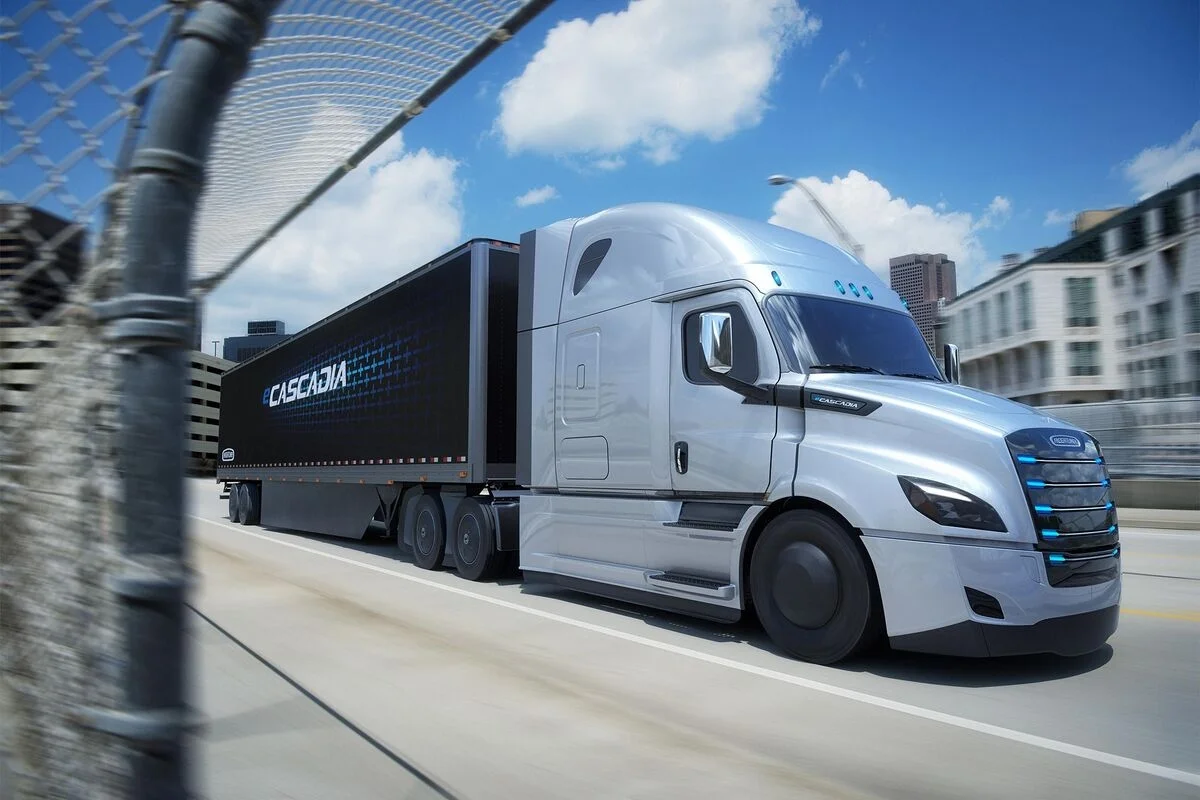Introduction
Electric trucks are rapidly reshaping the landscape of global logistics and transportation, driving advancements in sustainability, efficiency, and emissions reduction. Recent years have witnessed surging investments and technological leaps, making electric heavy-duty vehicles pivotal to the future of freight—especially as governments tighten emissions standards and demand for greener commercial transport intensifies.
Market Growth and Outlook
According to Straits Research, the global electric truck market size was valued at USD 1.34 billion in 2024 and is expected to grow from USD 1.69 billion by 2025 to reach USD 10.73 billion by 2033, growing at a CAGR of 26% during the forecast period (2025 to 2033). This remarkable expansion reflects growing demand for clean transport solutions, new government incentives, and cost-saving opportunities for fleet operators.
Key Players and Innovations
A dynamic set of industry leaders is carving out dominance in the sector:
-
BYD (China): Major producer with global expansions, including the BYD SHARK all-electric pickup recently launched in Mexico, offering fast-charging and a 250-mile range.
-
Tesla (US): Pioneering long-range electric trucks, the Tesla Semi delivers a 500-mile range and competitive charging capabilities.
-
Volvo Group (Sweden): Unveiled the Volvo FH Aero Electric, promising a 600 km range and 40-minute charging via Megawatt Charging System, targeting the European long-haul market.
-
Rivian (US): Specializes in electric commercial fleets, notably supplying Amazon with delivery vans.
-
Daimler (Germany): Accelerating global deployment of e-trucks, with new models in Europe and India.
-
KG Mobility (South Korea): Collaborates with BYD for battery tech in its Torres EVX Pickup, set to launch in late 2024 for Asian and European markets.
The global field remains open for competitive innovation, with newer players like Tata Motors (India), Nikola Motors (US), and Kalyani Powertrain (India) introducing local alternatives and partnerships.
Country-Wise Developments and Competitor Updates
China
China maintains the strongest position globally, driving nearly 22% of the domestic truck market with battery-electric models by mid-2025. Cost advantages and aggressive zero-emission policies are helping local manufacturers like BYD and Dongfeng Motor Corporation set the pace not only at home but in export markets. Standardized battery swap stations and state incentives are further accelerating adoption.
United States
The US electric truck sector is marked by significant advancements in battery technology and infrastructure, with over 15,000 medium- and heavy-duty EVs road-tested in 2024 alone. Tesla continues to innovate on long-range and rapid-charging solutions, while Rivian’s expanding presence in e-commerce logistics mirrors broader national efforts toward decarbonization.
India
India is on the cusp of a widespread electric truck transition, supported by policies like FAME II and the new PM E-DRIVE incentive scheme, giving up to ₹9.6 lakh subsidy per vehicle for commercial fleet conversions. Local launches include the re-powered mid-haul truck by Agarwal Packers & Movers and partnerships with Henkel India and Kalyani Powertrain. Domestic brands such as Tata Motors and Omega Seiki are rolling out new models adapted to Indian freight needs.
Europe
Europe leads regulatory innovation, combining carbon footprint reduction targets, low-emission zones, and robust manufacturer presence—Volvo, Daimler, and DAF Trucks chief among them. The continent’s focus on long-haul electrification received a boost with Volvo’s FH Aero Electric. Subsidies and joint ventures continue to drive commercial adoption, making Europe a testing ground for high-speed charging and cross-border fleet solutions.
Latin America
Countries like Brazil and Mexico ramp up electric truck initiatives through strategic mineral regulation and incentives to scale local production. BYD’s expansion into Mexico highlights the continent’s willingness to host global brands and experiment with urban logistic solutions.
South Korea and Japan
KG Mobility leads South Korea’s new EV truck launches, leveraging BYD technology and wireless charging advancements. Japan’s focus on electric trucks ties into broader national mobility and sustainability goals, with Toyota’s Hilux EV trials aiming for mass rollout in regional transit.
Technological Trends
-
Battery Innovation: Improving ranges (500–600 km), rapid charging (30–40 minutes), and innovations like wireless EV charging are enabling network-wide electrification.
-
Charging Infrastructure: High-power charging networks, battery swap stations, and rest-period optimized charging solutions are key to mass adoption.
-
Urban Logistics: Growth in last-mile and short-haul electric trucks serves rising e-commerce demands, expanding applications for lighter commercial EVs.
-
Cost Advantages: Lower maintenance and energy costs, subsidies, and new leasing models address barriers to entry, driving fleet electrification at scale.
Recent News Highlights
-
India: Launch of the first mid-haul re-powered electric truck and introduction of substantial direct incentives for commercial EV adoption.
-
China: Surging electric truck sales overtaking LNG trucks, with heavy-duty battery trucks gaining strong cost advantages.
-
Europe: Volvo debuting superfast-charging long-range trucks aimed at cross-continental hauls makes zero-emission long-distance transport feasible.
-
Mexico: BYD releasing new all-electric pickup for urban deliveries and light commercial use, signifying deepening EV penetration in Latin America.
-
South Korea: KG Mobility’s Torres EVX Pickup, featuring BYD batteries and wireless charging, scheduled for launch late 2024 with a focus on the UK and Asia.






